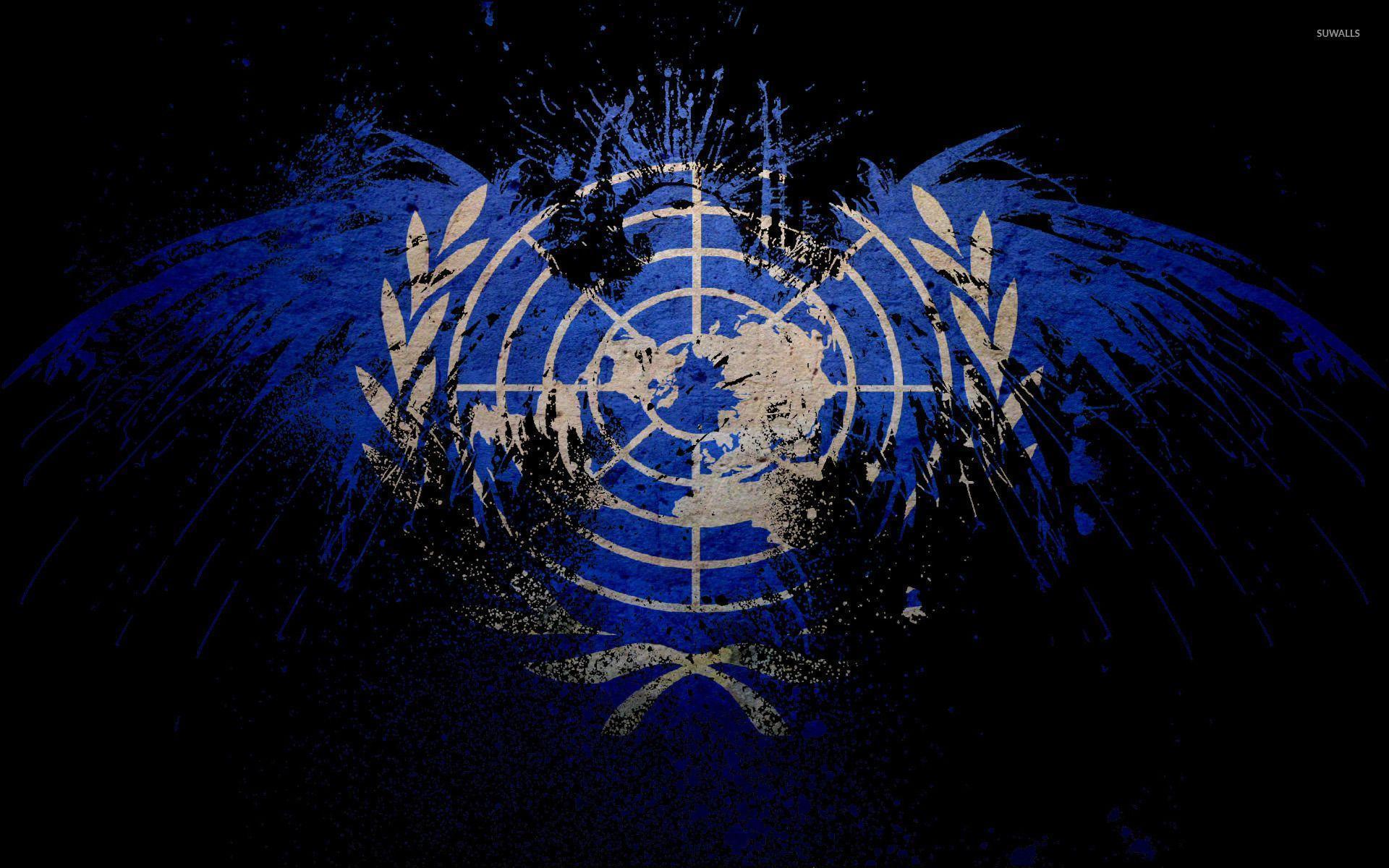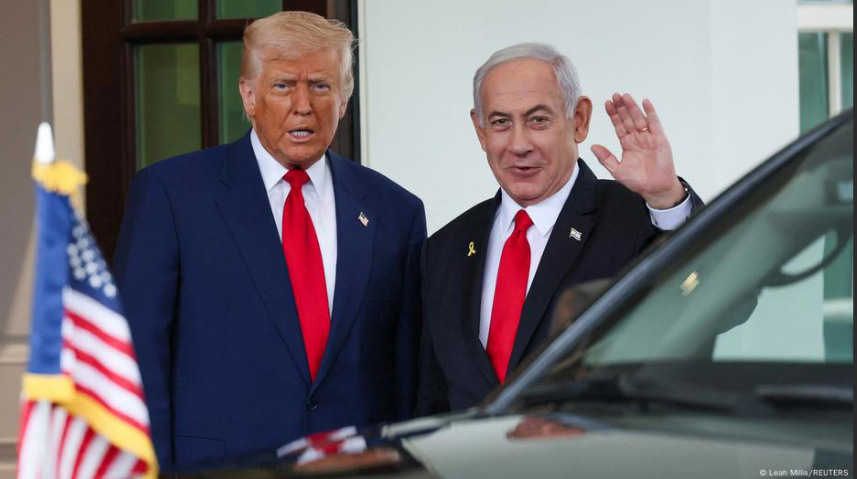Key tags: Separation barrier, Detention, Human Shields
International law does not provide a comprehensive definition of terrorism, but common elements occur across counter-terrorism treaties. These treaties prohibit terrorist bombings, hostage taking, kidnappings, attacks on aircraft or ships, or financing such activities. Their common elements include coercion of a government or other body for a political purpose, threats of violence and the targeting of people who do not participate in active armed hostilities.
Some countries are not parties to counter terrorism treaties. Nevertheless, all countries are parties to treaties on armed conflict. These prohibit the use of terror as a method of warfare.
Application to the Israeli-Arab conflict
The main factions involved in terror against Israel include the Palestinian Liberation Organization (PLO), Fatah, the Popular Front for the Liberation of Palestine (PFLP), the Democratic Front for the Liberation of Palestine, the Palestinian Islamic Jihad and Hamas. The Palestinian Authority provides stipends for families of Palestinian ‘martyrs’, often killed in the aftermath of terror attacks.
Terror attacks against Israelis and Jews, both in and outside of Israel, have been continuously perpetrated for over a century. The Arab population’s engagement in terrorism intensifies during intifadas (uprisings). Palestinian terrorist attacks since 2000 have claimed over 1,410 Israeli lives. After the commencement of the Second Intifada in September 2000, Israel built a barrier to separate it from major Arab populations in the West Bank / Judea and Samaria, causing terror attacks to drop over 90% from 2002 onwards.
Conversely, Hamas accuses Israel of “launching war on unarmed and helpless Palestinians.” UN organizations criticize Israel for abusing counter-terrorism laws. Israel controls the border crossings and uses preventive detention for national security purposes. It is an effective means of preventing a person from carrying out attacks, but it lies in tension with other legal principles to refrain from imprisonment without trial.
An increasing volume of data is available concerning organizations, NGOs and government bodies that incite and finance Palestinian terrorism. Money flows to them from the European Union and further abroad should be transparent to ensure that public and charitable funds don’t end up financing terror attacks.


